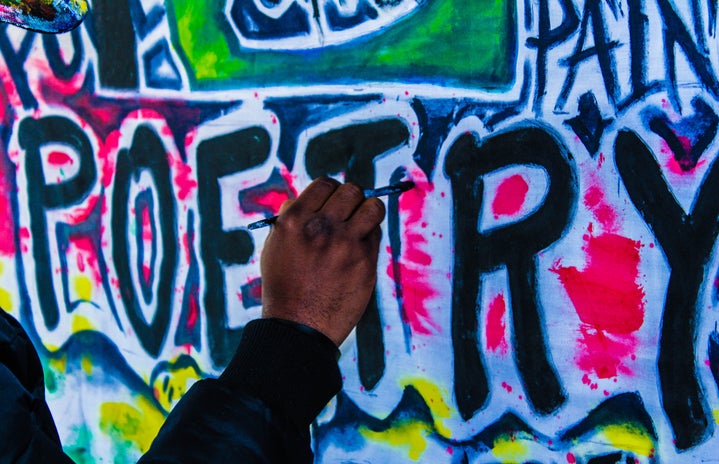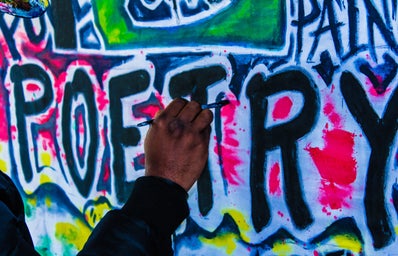When my english teacher said “anyone can be a poet,” I’m sure most of my class didn’t believe her. None of us, certainly at the time, thought we would be the next Shakespeare, let alone the next Elizabeth Barrett Browning. It’s a sentiment we all still share today. However, what if I told you that people just like us are becoming poets?
Over the past few months I’ve spent scrolling aimlessly through TikTok, I have been subtly bombarded with what people are quick to claim as ‘poetry.’ Posted on the notes app, often aided by melancholic, lyricless music (or that one audio from Bojack Horseman); what used to be things scribbled in the back of notepads are now being revered as the reimagination of poetry, garnering millions of views per video.
With the ever-looming presence of social media having raised us from such a young age, it should come as no surprise that our attention span isn’t what it should be. If a piece of prose can only hold our attention for a short time, then it makes sense why our products are becoming shorter by the minute. Shorter reads get more clicks and smaller videos keep our attention, so it is only natural that we start subconsciously catering to that.
But that doesn’t explain our sudden infatuation with raw, unfiltered, free verse. In 2014, Rupi Kaur, a self-proclaimed poet, artist, and performer published her first anthology titled Milk and Honey. It was something new, something fresh, and consequently it took the poetry world by storm. Three million sales later, people are divided: some are obsessed whereas others are adamant about her reimagination of poetry and ‘real poetry’ being strangers. Of course, the most positive response has been from Millennials and Gen Z. But why is this?
My hypothesis is that we value the truth, no matter how raw or painful, above most else. So much of our lives are filled with fiction, from the screens to books, so when free verse reared its head a decade ago, it was a very welcome breath of fresh air. We are on the hunt for the truth, and free verse, sans decoration and meaningless adjectives, offers us respite. The lines, rid of punctuation and iambic pentameter, speak directly to us without the mask a poet often wears — the need to impress us as readers with their fancy terminology and their grasp of reality that we cannot seem to replicate. Furthermore, without this innate need to impress us, poetry becomes more accessible, and less of a struggle to understand, especially for those who don’t speak English natively.
At a time where social media can ironically be the greatest accessory to loneliness, we search more and more for comfort with words. Free verse, this non-poetry we are seeing evolve, offers us great solace when we feel alone in our problems. It has no rhyme but it has reason, and that is to be something we can relate to, but just can’t seem to put into words.


